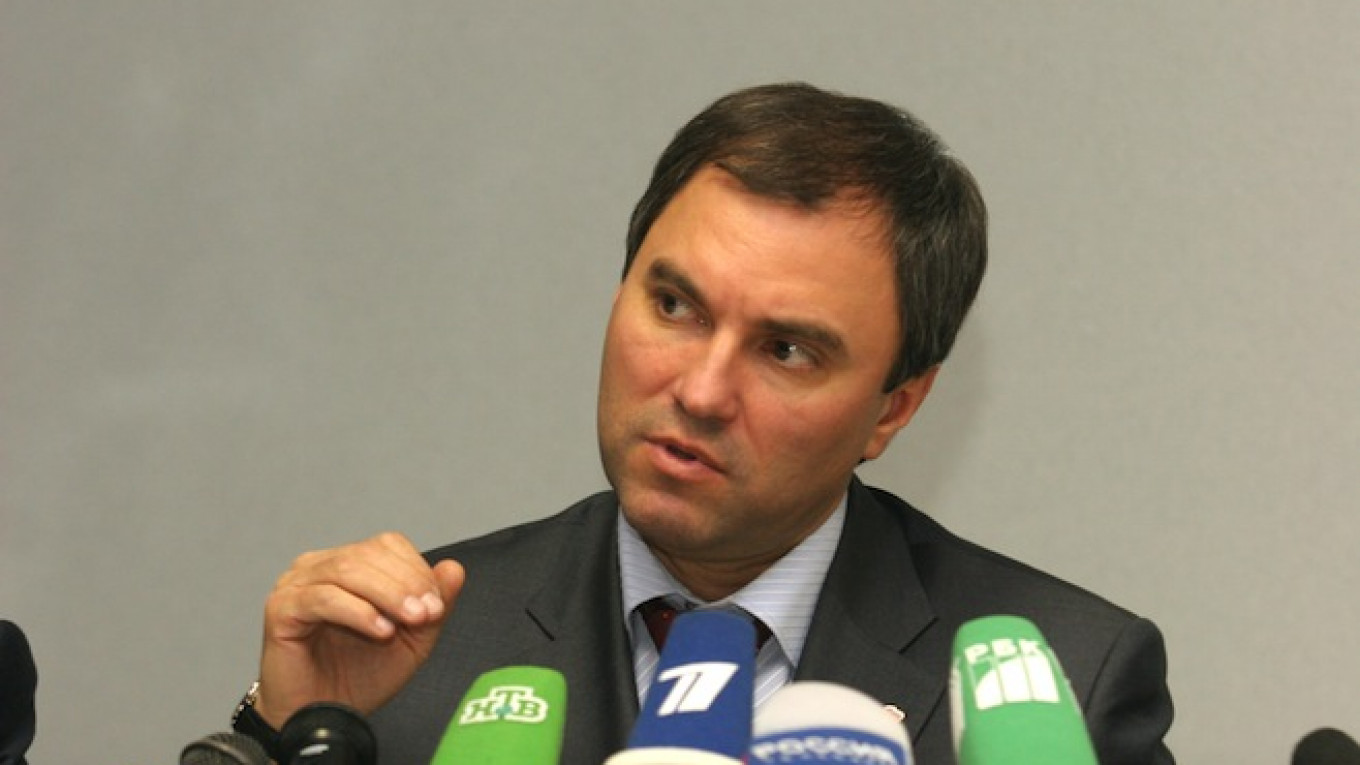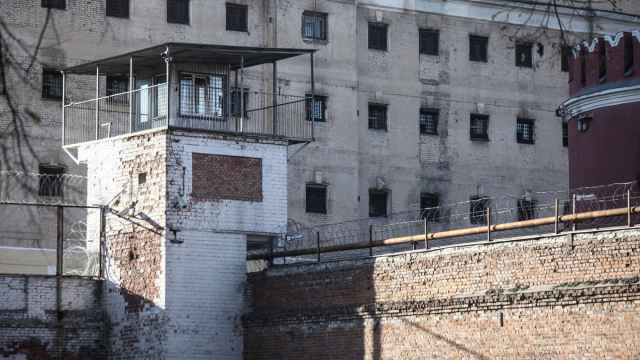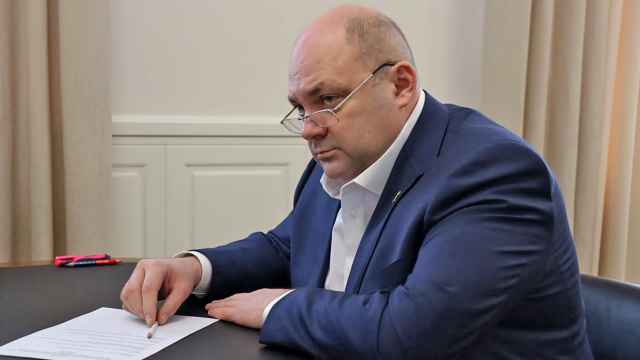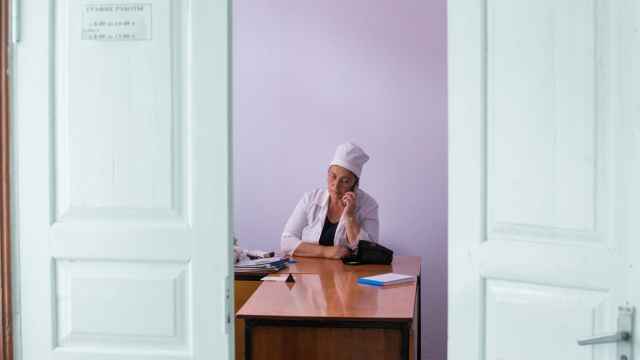Russia is reportedly to get its own incubator to harvest patriotic pop stars, if a former Soviet rock star gets his way.
The government is considering a proposal to create a media holding comprising five radio stations and a music TV channel to promote Russian singers with pro-Kremlin views, the Vedomosti business daily reported Monday.
The proposal is the brainchild of Soviet rock star and head of the controversial Federatsiya charity foundation Vladimir Kiselyov together with Olga Plaksina, chairwoman of Russian Media Group, and was submitted to President Vladimir Putin last October, the report said.
Putin wrote a note on the proposal instructing presidential administration first deputy chief of staff Vyacheslav Volodin to look into it, Vedomosti reported, citing a copy of the proposal in its possession. Sources in the music and media industries confirmed that the letter is genuine, the newspaper reported.
The proposed holding would support the government's ideological goals by promoting patriotic artists and would work in collaboration with Russia's major music television channels, serving as an "incubator for homegrown superstars," Vedomosti reported.
At the end of June, the IFD-Kapital investment holding announced that it intends to sell its 78 percent stake in Russian Media Group — one of the country's largest media holdings with a total monthly audience of 35 million people — to state-run concert organizer Goskontsert, which is subordinate to the Culture Ministry.
In their letter, Kiselyov and Plaksina suggested that the Kremlin delegate the task of setting up the new media holding to Goskontsert, the report said. Vedomosti cited an unnamed music industry source as saying that the Finance Ministry would allocate about 2 billion rubles ($34 million) from the state budget to Goskontsert for the project.
Kiselyov, a drummer in the '80s in rock band Zemlyane, known for its morale-boosting songs about space exploration, now heads the Federatsiya foundation that came under intense media scrutiny in 2010 after it brought a number of international celebrities over to Russia for a charity dinner but failed to immediately declare where the money raised from the event had gone.
In recent years, Russian authorities have imposed stricter controls on the country's cultural sphere by increasing support for a select number of patriotic films, exhibitions and theater productions. At the same time, many grassroots initiatives have found themselves marginalized. The liberal-leaning Teatr.doc project in Moscow was deprived of its home base twice in the last year due to landlords' sudden decisions to cancel rent agreements, allegedly due to government pressure.
Contact the author at i.nechepurenko@imedia.ru
A Message from The Moscow Times:
Dear readers,
We are facing unprecedented challenges. Russia's Prosecutor General's Office has designated The Moscow Times as an "undesirable" organization, criminalizing our work and putting our staff at risk of prosecution. This follows our earlier unjust labeling as a "foreign agent."
These actions are direct attempts to silence independent journalism in Russia. The authorities claim our work "discredits the decisions of the Russian leadership." We see things differently: we strive to provide accurate, unbiased reporting on Russia.
We, the journalists of The Moscow Times, refuse to be silenced. But to continue our work, we need your help.
Your support, no matter how small, makes a world of difference. If you can, please support us monthly starting from just $2. It's quick to set up, and every contribution makes a significant impact.
By supporting The Moscow Times, you're defending open, independent journalism in the face of repression. Thank you for standing with us.
Remind me later.






